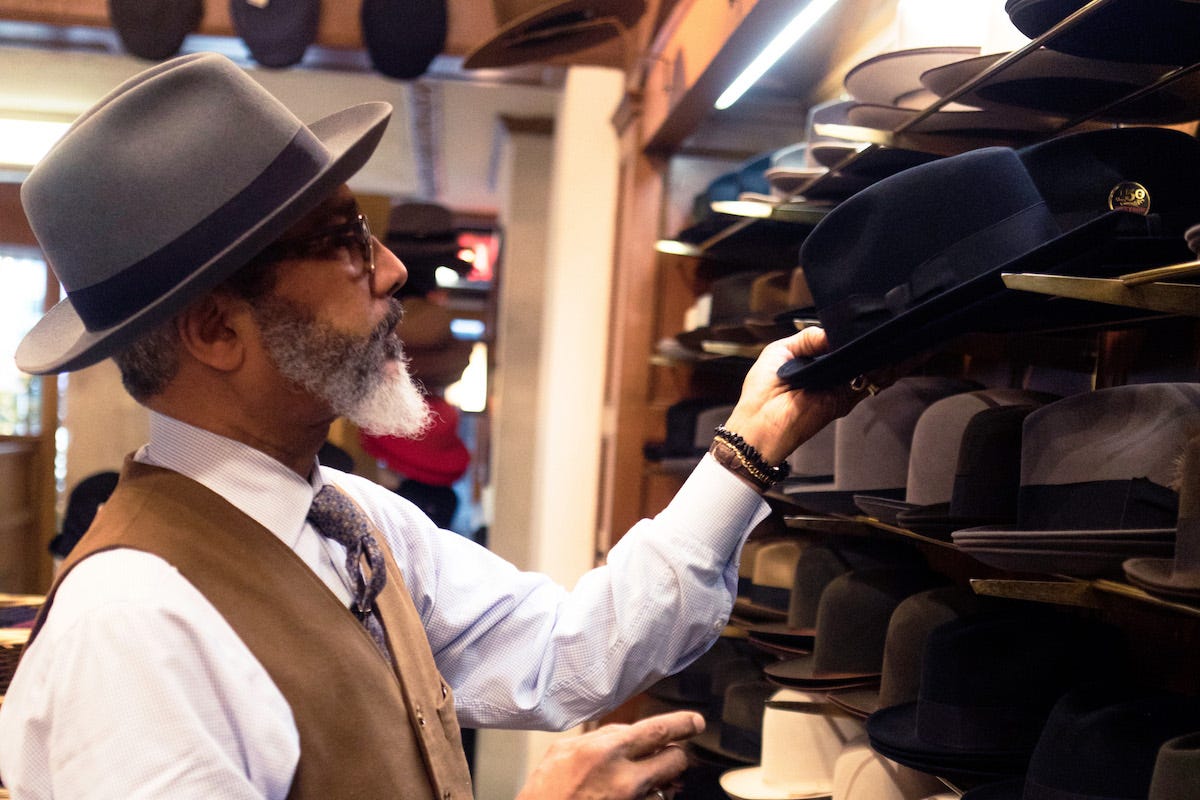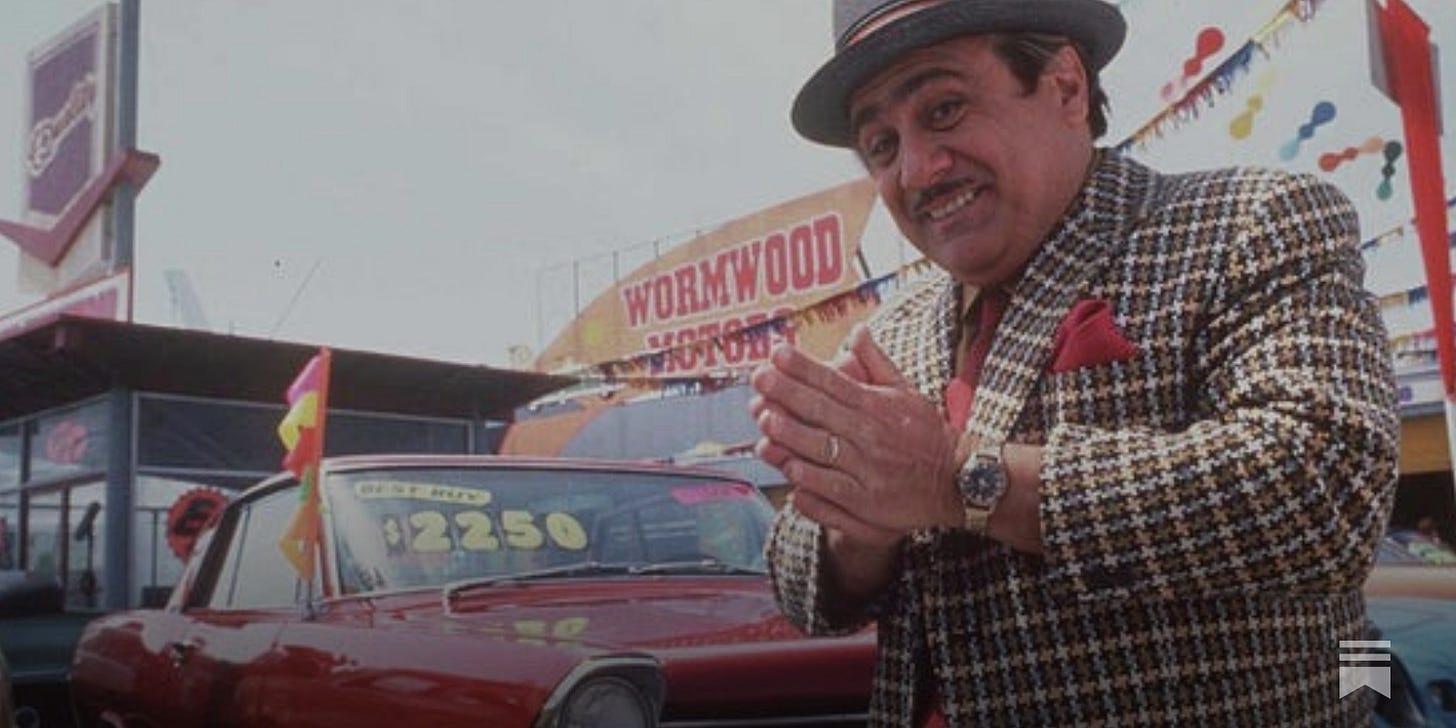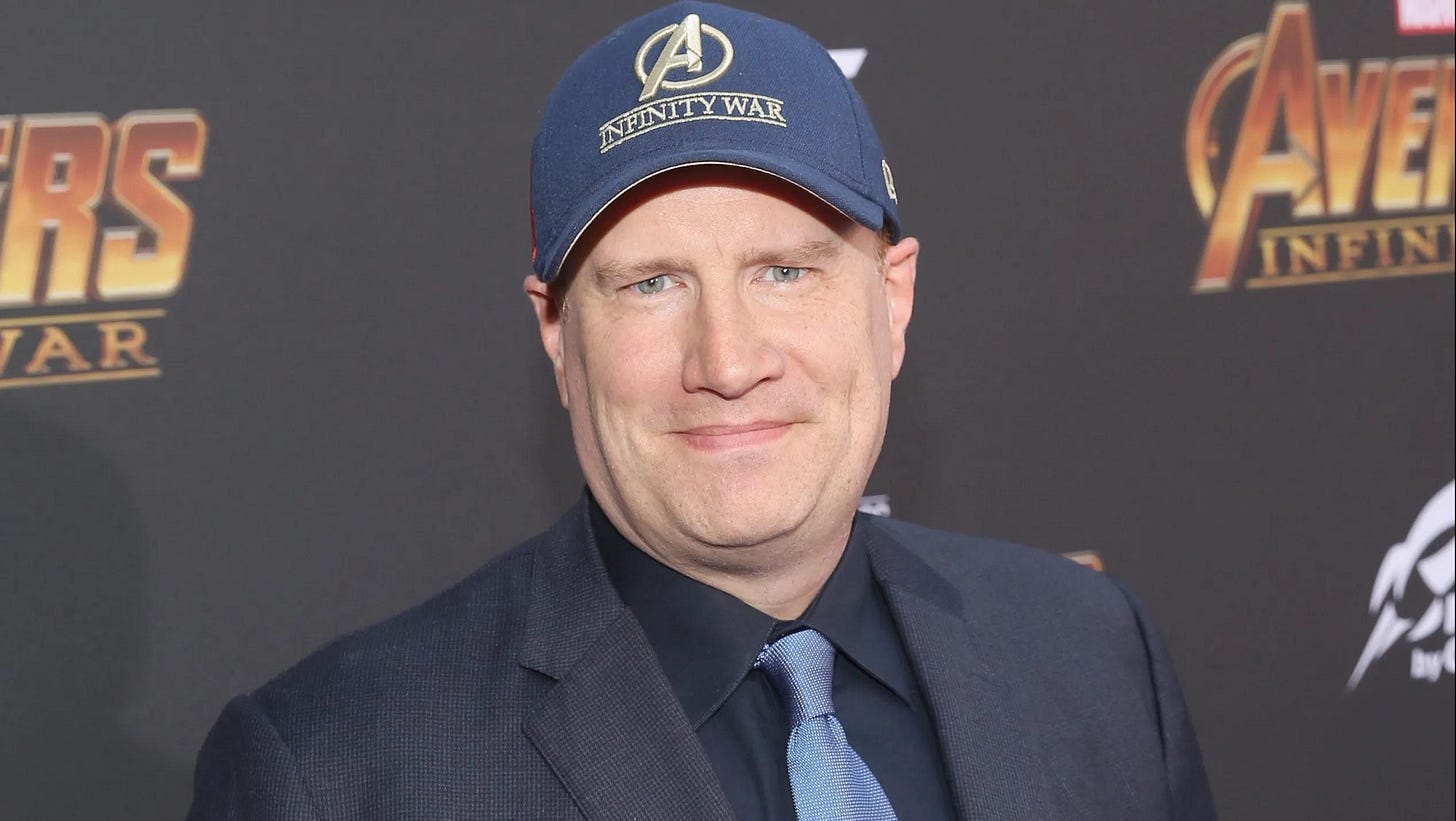How many hats are you wearing?
If you’re a screenwriter and you’re only ever wearing the screenwriter hat, well, then you're screwed. To make it in this business you need to become good - very good - at wearing different hats.
I guess the title question is a bit misleading. It’s not about wearing different hats at the same time, it’s about having them, and being able to put them on as required by this or that occasion. If I’d have to rank the hats ... I wouldn’t. Take the audience hat, for example. That one’s easily as essential as the screenwriter hat.
Let’s take a look then, at the various hats:
Audience hat: When we sit in the movie theater or in front of the tube, we’re all excellent at this - we’re not just wearing the hat - we are the hat. We react to what we’re shown, we all consciously or subconsciously know when a story is hurled off its track. We start checking our phones, we text message, we think about the bills, the messed-up relationship, the dirty laundry - you name it.
As the audience, we know ... it’s interesting then to read so many screenplays where it’s painfully obvious that the screenwriter has completely neglected to put on the audience hat. Fact is, there is such a thing as “too deep in the story” - you lose sight, you’ve lost the audience hat. When writing, I try to keep this a neat 50/50 - I try to sit back at every single scene and reflect - if I were sitting in a movie theater watching this - how would I react? How would I feel?
Salesman hat: This one’s just as important if you plan on ever seeing your script come alive on the silver screen. Most writers suck at this, let’s face it. We like to stink away in our cave, we like to be on our own in our baggy sweatpants and our 9th cup of coffee (I’m not describing myself, at all), we like to be deep within the worlds we imagine. That’s where the magic happens ... but try put on the salesman hat and all of a sudden you’ll be looking at things differently. All that “magic” crap is for the birds if you don’t sell it.
It’s a product, man, a product! So think about that - where’s the market? Who’s the market? What’s your business plan? How to do approach it? How will you go out there to sell your product, sell yourself, in fact? Because a script is just a script - one story - you are selling yourself - your type, your wit, your passion, your smirk. You’re networking out there, not for this current script, but for the job in the future. This hat will not make you write differently (hopefully) - but it will influence certain decisions - and that’s the way it should be.
Actor hat: You read them all the time, the scripts that hold the promise of a great story ... and fall flat because the characters just don’t come to life. Some writers have a natural talent for characters, behavior and dialogue - but most are mediocre at best. I’ve actually discovered screenwriting via the acting route. I graduated from the amazing Neighborhood Playhouse School of the Theatre in New York with solid acting skills. It helps, a great deal.
I not only live my characters, feel into them, live through them - I also put on this actor hat when I read and rewrite my scripts. I know what an actor will look for, I know the power of behavior over dialogue. The actor hat is invaluable.
Producer hat: This hat saves you a lot of hassles - trust me (and it includes all the sub-hats like the production manager hat, the designer hat, the costume hat, etc.).
Put it on before you start writing - what’s the budget, what can be done, what can’t be done. Think about number of locations and characters. It’ll all inform your writing - it’ll keep it crisp, it’ll set frames, it’ll exclude a whole host of great “what ifs,” it’ll remind you of script length and lots of other stuff that the screenwriter hat doesn’t want to think about when he wants you to float off into magic story land.
Director hat: This one is one hat that you should have on your shelf, but you should only rarely put it on. Don't ever direct the script. But, the director hat is still important. Put it on when reviewing your script to see where you’ve directed against your better judgement. Then remove that stuff - all of it. You’re good at what you do - so do that and allow the director to do what he/she’s good at.
If the above sounds like mad hatter madness - heck, you want to be in the film business, right!? Madness is part of what makes this crazy business fun! Ignore the hats and you might as well stop your screenwriting journey now.
Learn to handle the hats and you have a good shot at success.











